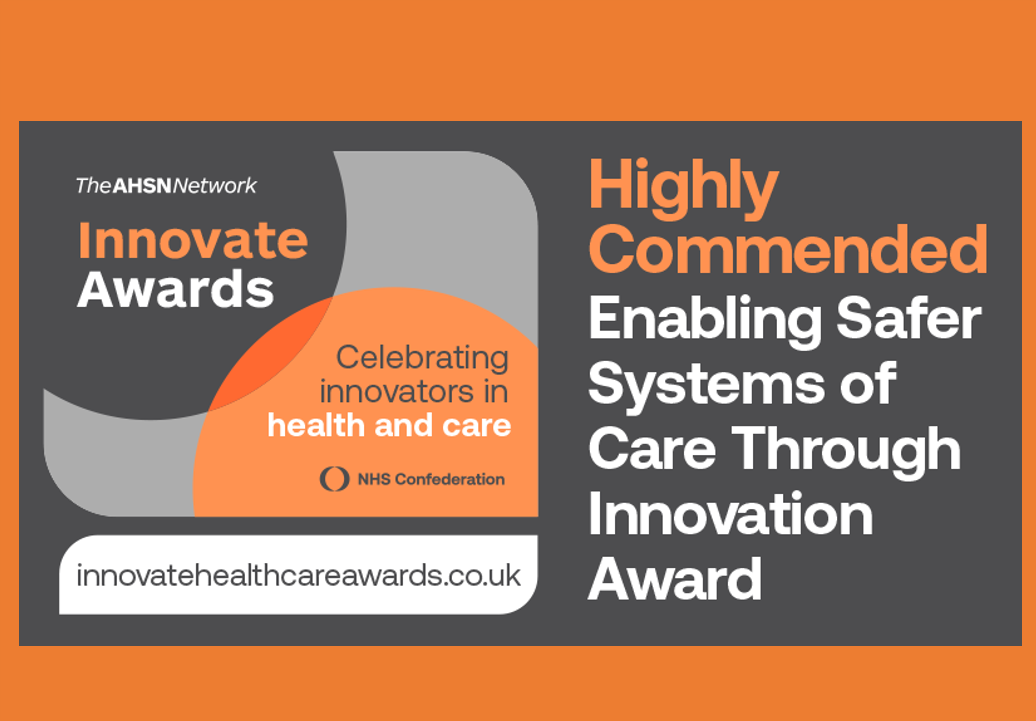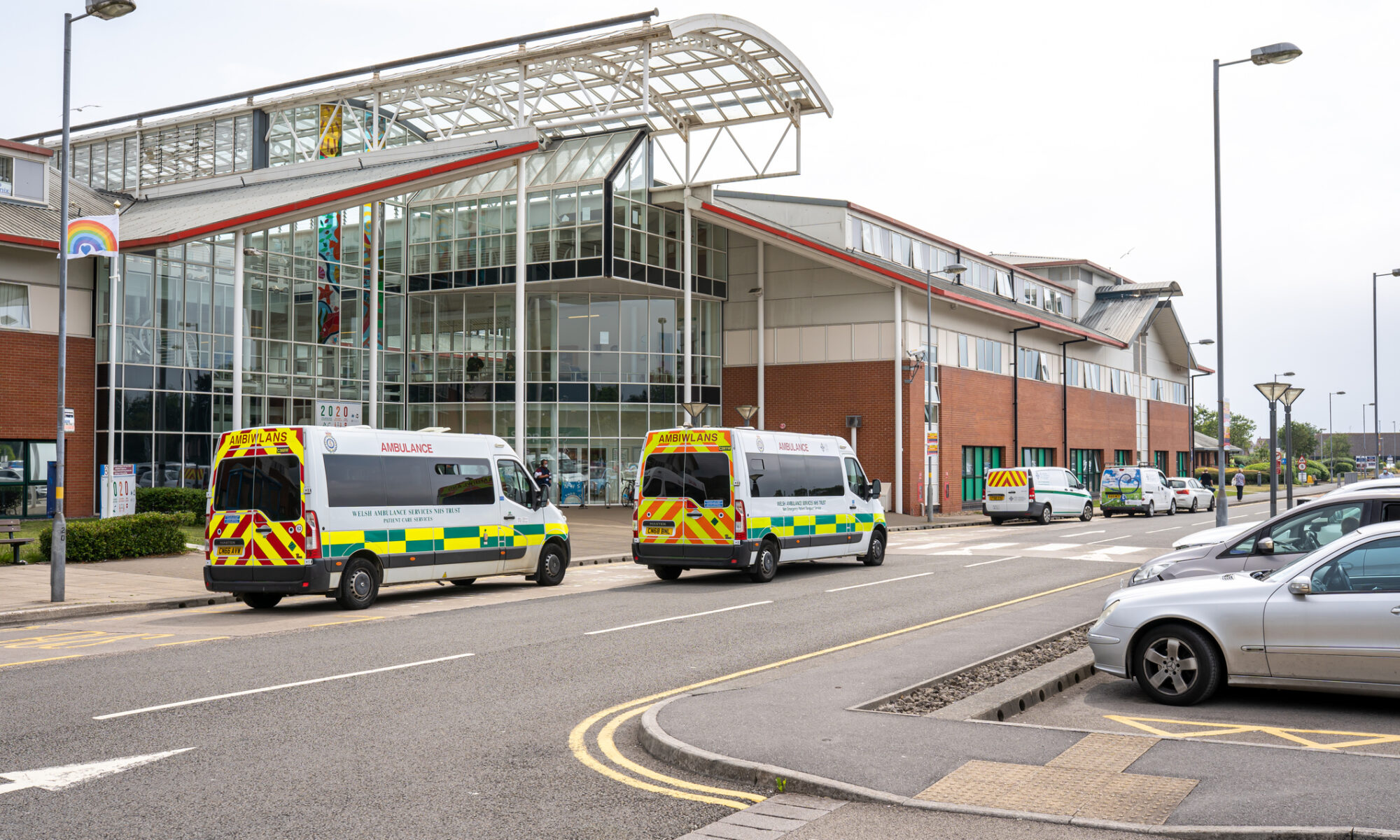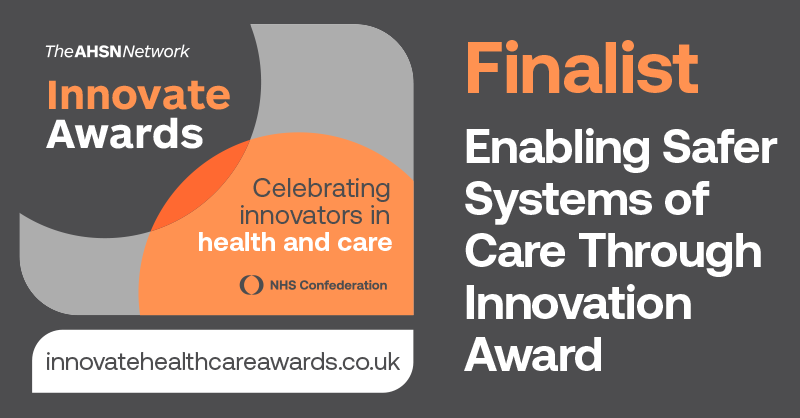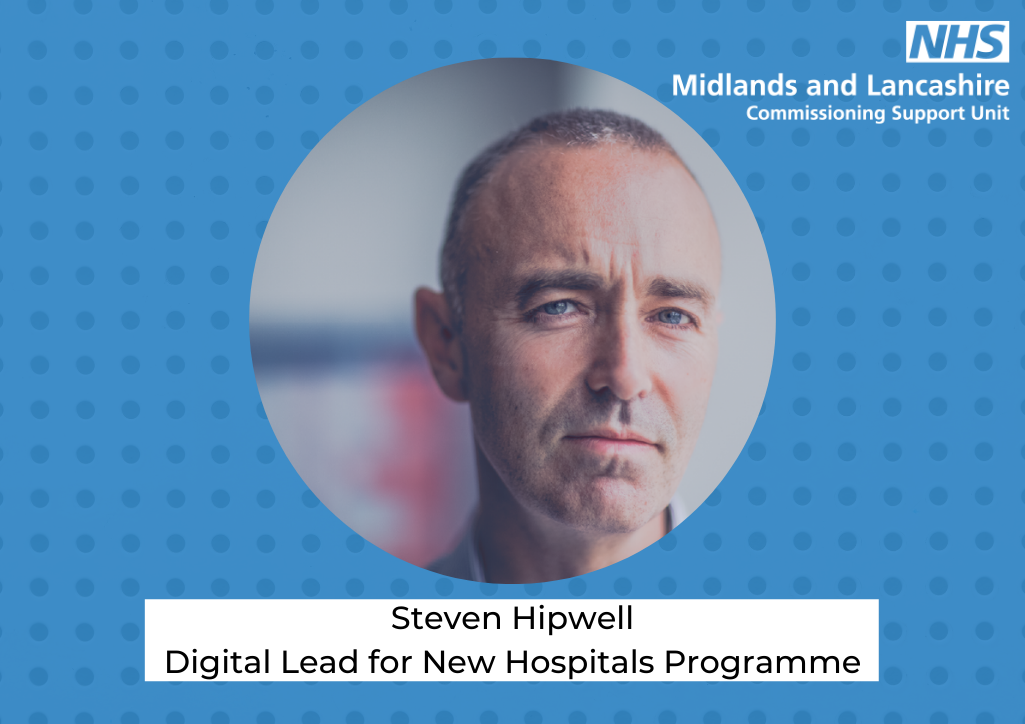Obesity is a pressing global health challenge, linked to various chronic diseases such as type 2 diabetes, cardiovascular issues, and certain cancers. In response to this growing concern, the NHS launched the Digital Weight Management Programme in April 2021, marking a significant step towards addressing obesity at a national level.
The NHS Digital Weight Management Programme stands out as the first nationally available service of its kind, offering digital interventions to help adults manage their weight effectively. Unlike traditional face-to-face interventions, this program is delivered digitally, allowing for scalability and accessibility across different levels of intensity.
A recent study, co-authored by Priyantha Jayawardane and Neil Davies from the NHS Midlands and Lancashire’s (NHS ML) Digital Innovation Unit, marks the first comprehensive evaluation of this pioneering program. Published in the Obesity: A Research Journal by The Obesity Society, the study provides valuable insights into the early outcomes of referrals to the NHS Digital Weight Management Programme.
The study, conducted between April 2021 and March 2022, analysed data from over 63,000 referrals made from general practices. Of these, 50% opted to participate in the 12-week program, demonstrating a significant uptake. Participants were triaged into three intervention levels based on demographic factors, to optimise completion rates.
Among the key findings, the study revealed that participants who completed the program experienced clinically meaningful weight loss. On average, participants who finished the program shed 3.9 kg, while those who had time to complete but did not finish still saw a weight reduction of 0.74 kg. Importantly, these outcomes compared favourably to both web-based and face-to-face weight management interventions tested in previous trials.
The study highlighted the programme’s potential to bring population-level benefits, provided increased participation. Notably, weight reductions were consistent across participants regardless of individual socioeconomic status, indicating equitable access to the intervention.
The NHS Digital Weight Management Programme represents a significant advancement in the fight against obesity, offering a scalable and effective solution for individuals looking to manage their weight. By incorporating digital delivery into clinical practice, the program has the potential to enhance the overall effectiveness and reach of weight management services, ultimately improving public health outcomes.
For those interested in reading more into the study’s findings, the full article is available at: Early outcomes of referrals to the English National Health Service Digital Weight Management Programme [https://onlinelibrary.wiley.com/doi/10.1002/oby.24024].
This study not only underscores the effectiveness of the NHS Digital Weight Management Programme but also lays the groundwork for further research and innovation in obesity management.



































